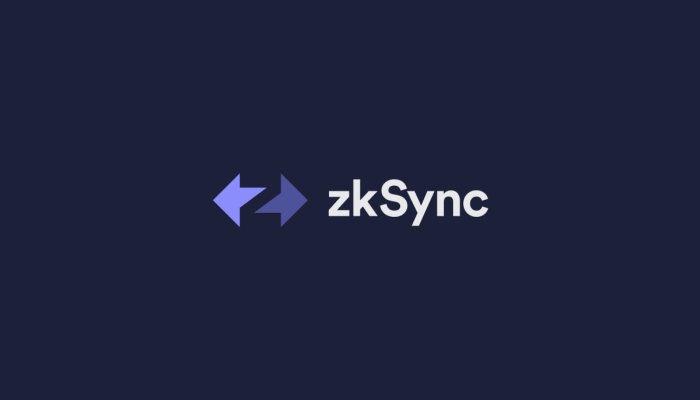
As some of the most popular cryptocurrencies reach all-time-highs, plenty of new users and decentralized app developers are embracing the Ethereum network and quickly discovering that the blockchain remains a pretty crowded place to do business. Ethereum’s insufficient network volume limits have led to slow transactions and prohibitively pricey fees, but it’s a familiar problem for longtime developers in the ecosystem.
What is new is the wider availability of so-called Ethereum “rollup” scaling solutions. These developer products reduce the traffic on the central Ethereum blockchain by offloading the hard work of processing transactions to efficient secondary chains that record data of transaction batches to the main Ethereum network. What this means functionally is that developers can earn the benefits of speedier and cheaper transactions without having to lose the security of the Ethereum ecosystem.
Matter Labs is one of a handful of blockchain startups building out a sophisticated rollup product, but the team believes that their solution zkSync is destined to beat out the competition. The startup tells TechCrunch it has just closed a $50 million Series B investment led by a16z Crypto just months after closing a Series A led by Union Square Ventures.
Ethereum scaling is a serious business with just a few major players; a16z Crypto already backed one this year, leading the February Series A of developer Optimism. In August, Lightspeed backed Offchain Labs, maker of Arbitrum — another Ethereum scaling solution with a lot of developer interest. Both developers are building a type of rollup called an “optimistic rollup,” Matter Labs is building a similar product called a “ZK rollup” that takes a notably different approach leveraging zero-knowledge (ZK) proofs to scale transactions in a manner that’s fundamentally more secure but is also much more computationally intense.
The differences between the two are fairly technical, but they essentially differ in the way that the legitimacy of the transactions inside the rollups are determined. Blockchains work by various nodes across a network reaching a consensus for what the verified history of transactions on said network looks like. With optimistic rollups, Ethereum treats the bundled transactions as legitimate by default, while withholding withdrawals for several days to allow participants in the network time to prove if the batch was fraudulent and should be rejected. Meanwhile ZK rollups leverage complex mathematical proofs which allow the Ethereum network to quickly verify and accept the legitimacy of a given transaction batch.
Matter Labs isn’t the only group building a ZK rollup product, but their primary advantage is that they’ve already deep in testing a solution to help Ethereum developers not only process transactions inside zkSync but also operate smart contracts based on the Solidity programming language natively inside of the product.
“It has tended to be the case historically that zk-based scaling solutions forced developers to learn a new programming language,” a16z Crypto general partner Ali Yahya tells TechCrunch. “[Matter Labs] has succeeded in building a compiler for Solidity that takes down normal smart contracts that run on Ethereum to a zero-knowledge proof so that they can be used with [zkSync].”
In the short-term there are some clear advantages for optimistic rollups, chief of which is that many of them are already publicly available to developers with wide capabilities. While zkSync is already live on the Ethereum mainnet, mainnet support for smart contracts won’t arrive until early next year, the company says. Matter Labs CEO Alex Gluchowski expects ZK rollups to reign supreme soon enough though, an opinion notably shared by Ethereum co-creator Vitalik Buterin who wrote in a January blog post that “in the medium to long term ZK rollups will win out in all use cases…”
“I don’t see a world where optimistic rollups remain in the very near term,” Gluchowski tells TechCrunch. “If crypto becomes as successful as the visionaries picture it — that all the world’s digital economy lives on blockchains — then it has to use zero-knowledge proofs. We simply don’t have any other technology that can support this massive scale.”
"bring" - Google News
November 08, 2021 at 07:03PM
https://ift.tt/31AEonj
Matter Labs scores $50M from a16z to bring zero-knowledge rollup scaling to Ethereum - TechCrunch
"bring" - Google News
https://ift.tt/38Bquje
Shoes Man Tutorial
Pos News Update
Meme Update
Korean Entertainment News
Japan News Update
Bagikan Berita Ini














0 Response to "Matter Labs scores $50M from a16z to bring zero-knowledge rollup scaling to Ethereum - TechCrunch"
Post a Comment